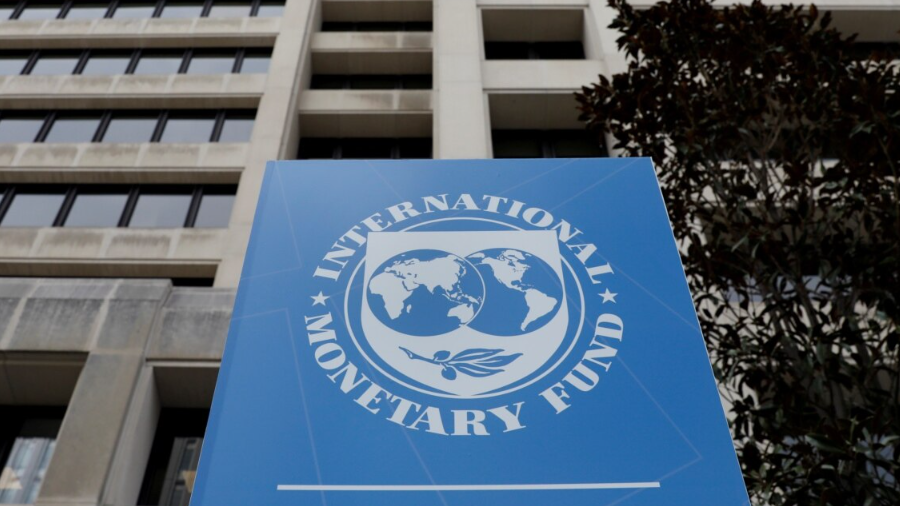Article Reading Time:
2 minutes.

International Monetary Fund (IMF) requires African countries to protect citizens from loss of funds and from the influence of digital scammers as quickly as possible.
The collapse of the FTX cryptocurrency exchange, whichprovoked the fall of bitcoin, ether and other major crypto assets, should prompt regulators to strengthen the protection of the rights of cryptocurrency owners, the IMF believes. Representatives of the international organization admit that controlling an extremely unstable and decentralized ecosystem is a difficult task for most governments. After all, they strive to find a middle ground between eliminating risks and striving to develop innovation.
According to the IMF, only a few African countriesSub-Saharan countries formally regulate the cryptocurrency industry. Six countries: Cameroon, Ethiopia, Lesotho, Sierra Leone, Tanzania and the Republic of Congo have banned cryptocurrencies, and in Zimbabwe, banks have stopped processing digital asset transactions.
The authors of the publication refer to the recenta study conducted by Chainalysis, according to which Africa leads in the rate of adoption of cryptocurrencies by society. The largest number of digital asset users live in Kenya, Nigeria and South Africa. Many people use cryptocurrencies for commercial payments, but due to their excessive volatility, such assets are unsuitable as a store of value, the IMF believes. Cryptocurrencies can be used for illegal transactions and contribute to the outflow of capital from countries, which can undermine the effectiveness of monetary policy, as well as the financial and macroeconomic stability of states, international officials believe.
IMF representatives believe that the riskswill worsen if cryptocurrencies are legalized as a means of payment, as happened in the Central African Republic (CAR). As a result, the CAR is at odds with the Bank of Central African States (BEAC), which fears that legalizing cryptocurrencies could jeopardize the state budget.
The IMF did not support the Central Bank's initiativeKenya to introduce a digital Kenyan shilling over concerns that the government-owned stablecoin could displace existing digital payment solutions.





